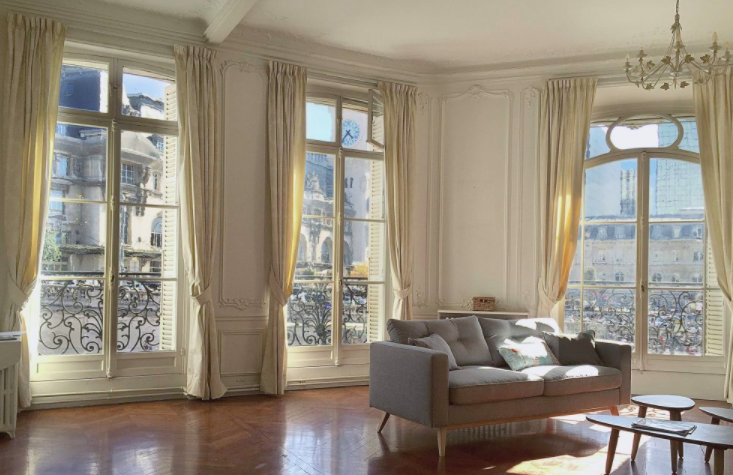Obtaining a French visa or residency can be a complicated business. If it’s something you’re thinking about, where do you start?
We at 56Paris speak to an expert immigration lawyer who has helped our clients in the past.
Many reasons to live in Paris
There are many reasons why people seek a French visa or residency. Perhaps it’s to spend more time at their second home in Paris, to retire here, or even to work in the capital as an expat.
The first consideration is where you currently hold citizenship. If you are a citizen of the EU, EEA, or Switzerland, you do not need to apply for a visa or residence permit.
This is due to the freedom of movement laws enjoyed by members of those countries.
For UK citizens, changes are due following the completion of Brexit, expected in 2021. Although there will likely be reciprocal arrangements for Brits living and working in France.
The Schengen area visa
You may see the word ‘Schengen’ when referring to visas.
France is one of 26 countries making up the Schengen area in Europe. We share a common visa and free movement with no border controls.
However, if you are resident in countries such as the USA, Canada, Australia, New Zealand, or Japan, you do not need to apply for a Schengen visa.
While this may seem great at first, you must follow the same restrictions as those with a Schengen visa.
For example, you cannot work in France, and can only stay in the country for up to three months (90 days) within a 180-day period.
Our lawyer states, “Even if you leave France or the Schengen area, the counter does not reset to zero. You must still stick to the 90-day limit.”
But there are other options available. He says, “Actually, France offers foreign nationals many possibilities that are often overlooked.”
This includes the option of a long-stay visa or residence permit.
A long-stay French visa or residency
For many, especially those who live in the USA and Canada, a long-stay visa or residence permit can be a great option.
This allows foreign nationals to stay for longer than 90 days, with the aim of obtaining a residence permit so they can live in France for a specified period.
The lawyer informs us, “For those who are not planning to work in France and wish to reside here by living on their personal resources, the status of a ‘visitor’ is perfectly suited. To apply for a long-stay visa, you must submit a request to the French embassy or consulate in your home country.”
He continues, “You must complete a file, including your commitment not to work in France. Housing conditions are also considered by the consular authorities to assess the request. Owning a property can help.”
The maximum length of this visa is one year. However, you can renew it from France if your stay continues.
To sum up, he concludes, “This often-overlooked option allows you to enjoy a great freedom of stay in France. It will also be possible to visit the other member states of the Schengen area, within the usual limit of 90 days per 180 days.”
Other options for living in France
These are just some of the options that may be available to you.
Permitted ways of visiting, working, and living in France for longer periods also include earning a degree from a French university, or of course, falling in love and marrying a French national!
We would always recommend that you get personal expert advice, tailored to your individual situation.
Get in touch with 56Paris today
Want to stay up to date on living in Paris, and the local real estate market? Make sure you are following 56Paris on Facebook, Twitter, Instagram, and Pinterest to see all the latest news.
If you would like further advice about obtaining a French visa or residency, contact the team at 56Paris today.
We can put you in touch with an immigration lawyer and help with all other queries about living in our beautiful capital.
